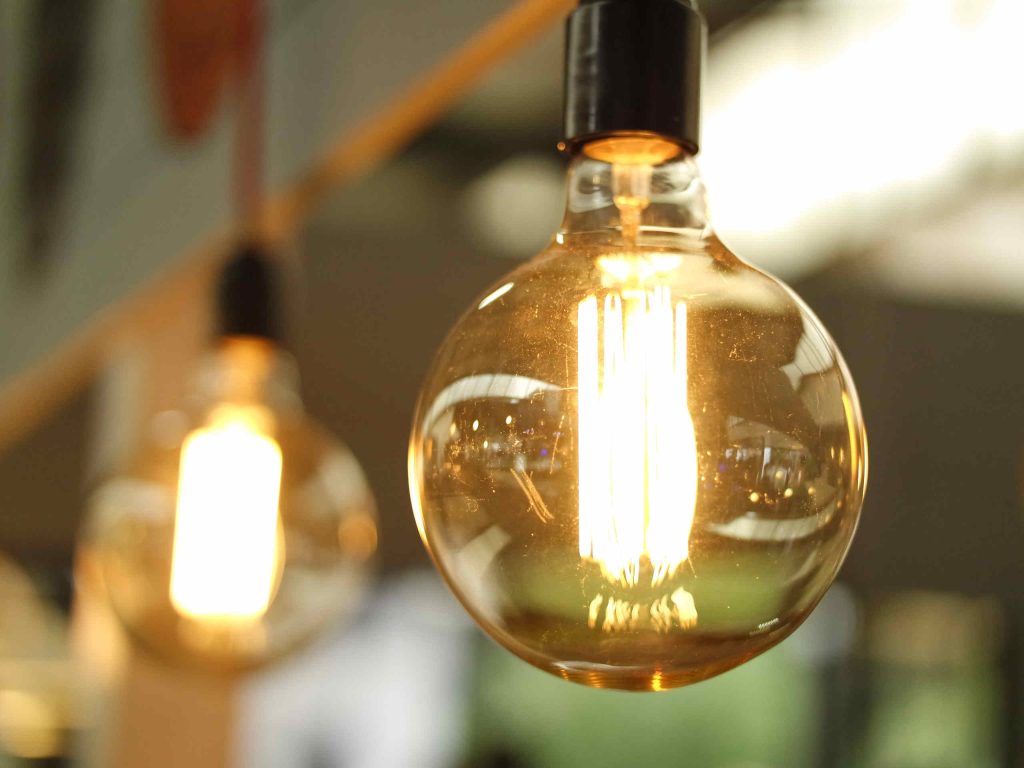
Energy costs are a major challenge for hoteliers and restaurateurs. To counteract these costs, efficient energy management is of great importance. This blog post presents practical energy-saving tips for hoteliers that can help to reduce energy consumption and save costs. In particular, we will focus on the possibilities of heat recovery and the optimal placement of air conditioning units in the rooms. Here are some examples of how hoteliers can improve their energy efficiency.
To counteract rising energy costs, efficient energy management is of great importance for hoteliers. Through heat recovery, optimal positioning of air conditioning systems, innovative shower heads and efficient lighting technology, hoteliers can reduce their energy consumption and save costs. An expert on-site analysis helps to identify individual savings potential. By implementing these energy-saving tips, hoteliers can not only reduce costs but also make a contribution to environmental protection.

There is a tension between digital progress and emotional hospitality that is redefining the restaurant industry. AI, automation, and data-based processes are changing not only workflows, but also attitudes, communication, and expectations. What was once considered a gimmick is now becoming a strategic necessity. And perhaps the most important question of our time: How can humans remain relevant in a world that is becoming increasingly digital?
The Austrian brand Kumanu shows how circular thinking can be applied in everyday life—and makes doing without plastic both practical and aesthetic. With its “Frischefritz” beeswax wraps and ‘Krümelkarl’ and “Pausenpaul” bread and snack bags, it provides the industry with a well-thought-out solution for keeping food fresh for longer – without any plastic or aluminum foil.
The products are made from GOTS-certified organic cotton, organic beeswax from Austria and Germany, and tree resin from traditional pitch production – a combination that has an antibacterial effect and guarantees natural durability.
Leonardo Hotels is expanding its commitment and turning World Cleanup Day 2025 into a European movement: Employees from 140 hotels in 12 countries are participating in cleanup campaigns – from Berlin to Bucharest, from London to Rome. Instead of a single day, the period has been extended to ten days to allow as many teams as possible to participate.


Energy costs are a major challenge for hoteliers and restaurateurs. To counteract these costs, efficient energy management is of great importance. This blog post presents practical energy-saving tips for hoteliers that can help to reduce energy consumption and save costs. In particular, we will focus on the possibilities of heat recovery and the optimal placement of air conditioning units in the rooms. Here are some examples of how hoteliers can improve their energy efficiency.